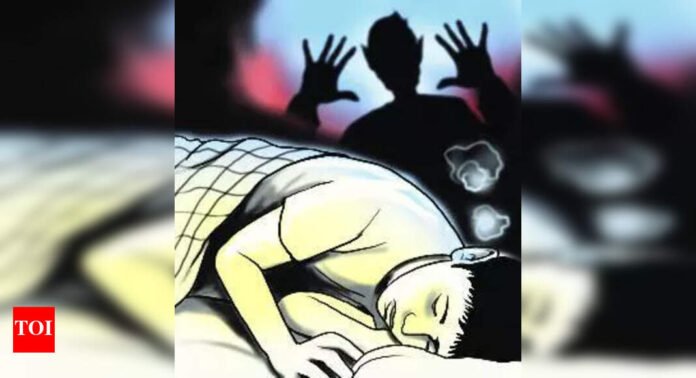Understanding Sleep Deprivation in Delhi’s Teens

You’re Not Alone: Sleep Issues Among Teens
Are you a teenager in Delhi having trouble sleeping? You’re not alone. A recent study found that one in five teens in the city suffer from sleep deprivation.
What the Study Found
Doctors at Sir Gangaram Hospital’s Institute of Child Health and the National Health Systems Resource Centre (NHSRC) conducted this study. They worked with students from nine schools in central Delhi. Here’s what they found:
- 22.5% of the 1,521 students, aged 12-18, don’t get enough sleep.
- 60% showed signs of depression, showing a need for mental health support.
- Sleep-deprived students scored 64% on average, while well-rested students scored 67%.
- 65.7% of the students faced mild to moderate cognitive challenges.
Expert Advice
Dr. Latika Bhalla, a senior consultant in adolescent pediatrics, stressed the importance of sleep. She said sleep is crucial for learning and managing emotions. Lack of sleep can lead to poor academic performance and mental health issues.
The World Health Organisation (WHO) defines sleep deprivation as not getting enough sleep to stay healthy, alert, and function well. This study confirms that insufficient sleep harms academic results, mental health, and daily activities.
Solving the Problem
Dr. Bhalla pointed out that India lacks proper sleep education programs for teenagers. The study provides suggestions to address this issue, which were shared with the health ministry.
Suggestions for Improvement
Researchers proposed several steps to improve the situation:
- Train teachers and counselors about teen sleep and the impact of screen time.
- Display the Tele-MANAS helpline number in schools.
- Train Ayushma Arogya Mandir teams in sleep counseling.
- Start digital detox drives to promote fixed routines and screen curfews.
- Encourage physical activity through programs like Khelo India.
- Support later school start times that match teen biology.
Other suggestions include adding sleep education to school curricula. This could mean adding sleep health modules to NCERT’s secondary and senior secondary programs. These modules would cover the importance of sleep, the effects of sleep deprivation, common sleep disorders, and good sleep habits.
Teachers’ Role
Researchers also suggested training sessions for educators. These sessions would help teachers recognize sleep issues and understand their impact on health and academics. This way, teachers can intervene early and refer students for help, encouraging healthy sleep habits.
Teachers should watch for signs of daytime sleepiness. These signs include drowsiness in class, poor academic performance, and behavioral changes. They can share these observations with parents during meetings and highlight any concerns.
Expert Opinions
Dr. Sanjay Manchanda, head of the sleep medicine department at Sir Gangaram Hospital, noted that teen sleep problems often indicate future adult sleep disorders. He supports changing school timings to match teen sleep patterns.
Dr. Aashima Dabas pointed out that late-night screen use and binge-watching can disrupt natural rhythms. This can affect cognitive function and lead to disturbed sleep cycles. Dr. Deepak Kumar emphasized the need for early intervention. This can prevent teen sleep issues from turning into adult mental health problems.



